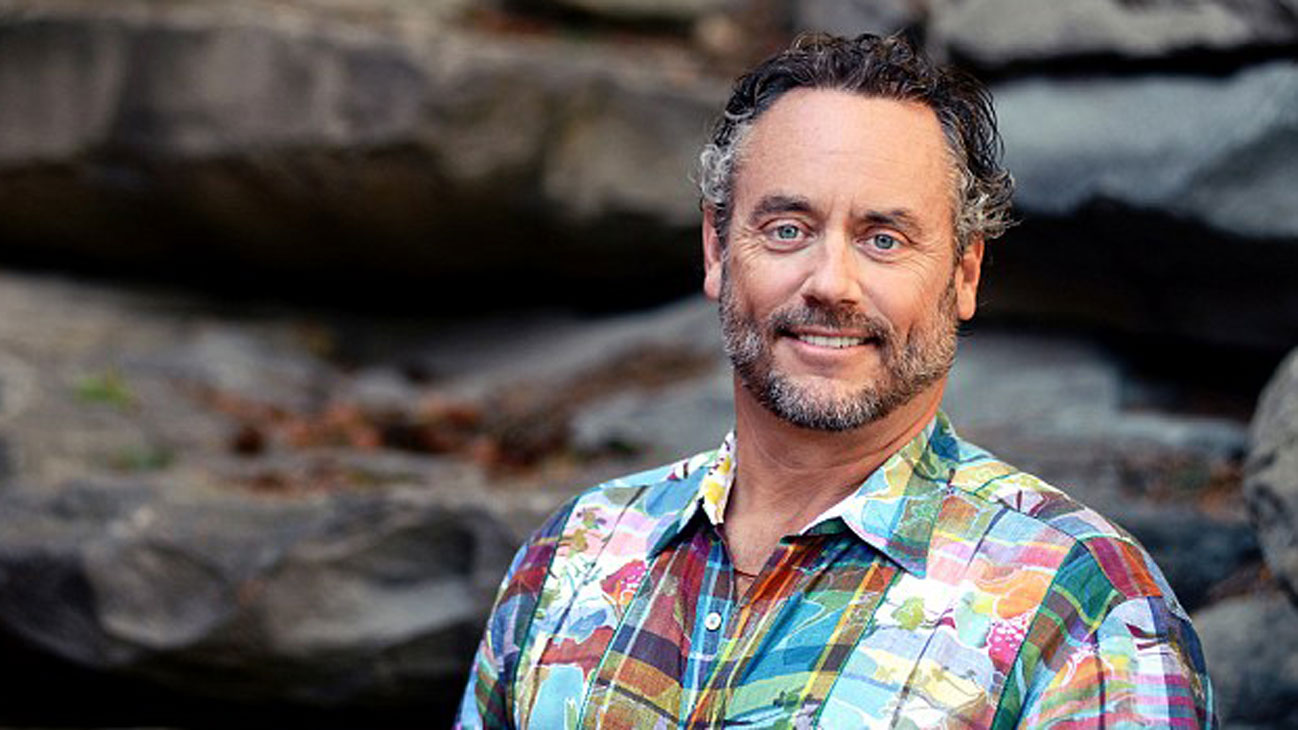With a penchant for investing in people rather than projects, W. Brett Wilson is proof that it’s possible to succeed in business without losing your principles. His stories about success, mistakes and finding balance leave his audiences inspired to achieve even the loftiest of personal goals. The Financial Post spoke with Brett about what he’s learned from making mistakes:
Craig: The secondary title of your book is “still making mistakes.” To which mistakes are you referring?
Brett: Inattention to family, work addiction and a preoccupation with material goods — the sorts of challenges that many other business leaders face, whether they would admit it or not.
Craig: Balancing work with life is a widespread challenge in the business community, and it’s a problem that tends to be exacerbated at the top. When did you realize this was a problem for you?
Brett: It was probably the lowest point in my life. I wanted to be at an art auction — there was a piece I really wanted to buy — but instead I was at home babysitting my children. This is, in and of itself, pathetic, because parents don’t babysit their children, they parent them. But in my mind I was babysitting.
I decided I would participate in the auction by telephone. Early that evening the phone rang several times, but it was answered before I could get to it so I didn’t pay much attention.
Then I looked at my watch and realized that the piece that I was looking to buy was scheduled to have been sold already. When I called to check on it, the person on the other end of the line said, “Brett, I called you several times and a little girl answered each time and said you were not home. It’s sold. It’s gone.”
I was really upset. I didn’t get the thing I wanted. How could my daughter possibly have not told me that the calls were for me? I went upstairs and knocked on her door. She was lying on her bed doing homework. I was furious and made her very aware of it. She looked up at me while she crawled under the bed. She was afraid of me.
“How could you tell them I wasn’t home?” I yelled.
“But, daddy, you’re never home.”
My knees melted. All of the wealth, all of the recognition — and for what? I couldn’t even have a civil and functional conversation with one of my children. My addiction to work allowed me to avoid the core issues of my life, including my family.
Craig: Once you were confronted with the problem, what did you do about it?
Brett: Aside from addressing these personal shortcomings, I began telling my story.
When doing so, I quickly discovered how sympathetic and even empathetic friends and colleagues were to my situation — and how similar it is to their own experiences. And when I share my story with an audience of strangers, it’s absolutely amazing — sometimes heart-wrenchingly emotional. I can tell by the conversations, I can tell by the tears — it resonates with them. I get feedback from business leaders saying, “You’ve changed the way I look at life, the way I relate to my staff, the way I relate to my family,” or maybe the way they relate to the world of business.
People are so worried about how others will perceive them that they are unwilling to pull back the kimono and say, “You know what? I screwed up. I wish I had done this differently.” That is why I started, in a very public way, to have that conversation — to say, “here are the mistakes I have made and here is how I live with them, and here is how I do things differently now.”
Craig: What is the value in business leaders admitting when they “screwed up?”
Brett: True leadership is about being a team player, and being a team player requires empathy. I now believe that nothing is more important than looking after myself — my relationship with my family and children. And I acutely understand that others struggle with these same issues, so I treat my teammates accordingly and encourage them to do the same.
Many business leaders don’t do this because there is an undercurrent of shame. That doesn’t need to be there. The best autobiographies by business leaders share their mistakes and the lessons they’ve learned from them. But in order to fix these mistakes, we need to treat each other with respect — something that begins with empathy — and give each other room to live a more balanced life. Life is business, life is friends, life is learning, life is charity — and balancing these priorities is what makes the workplace fun.

